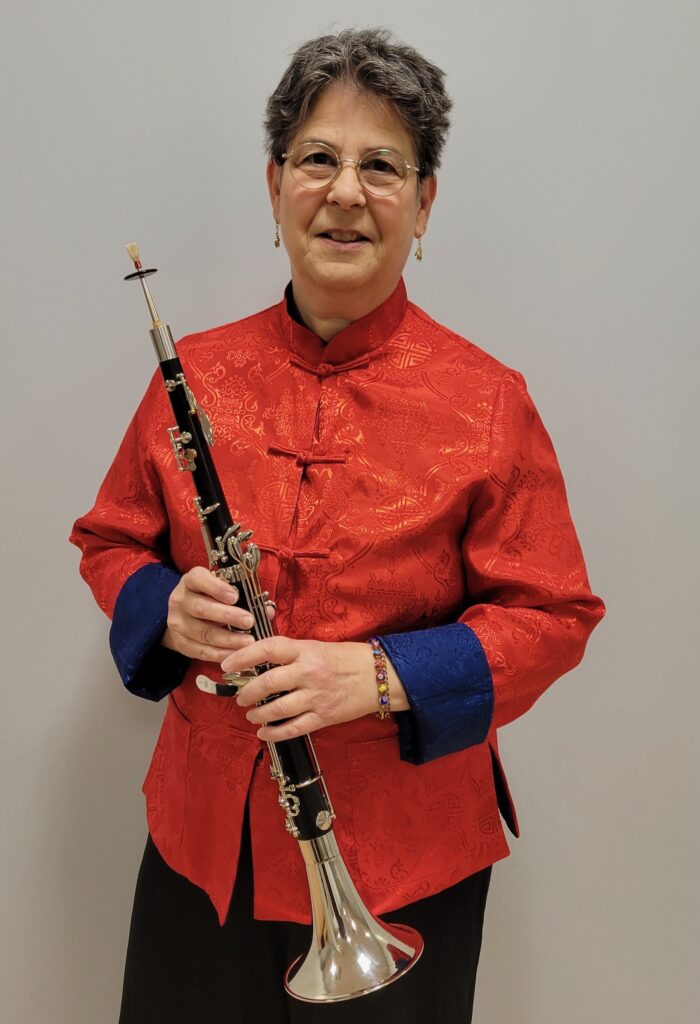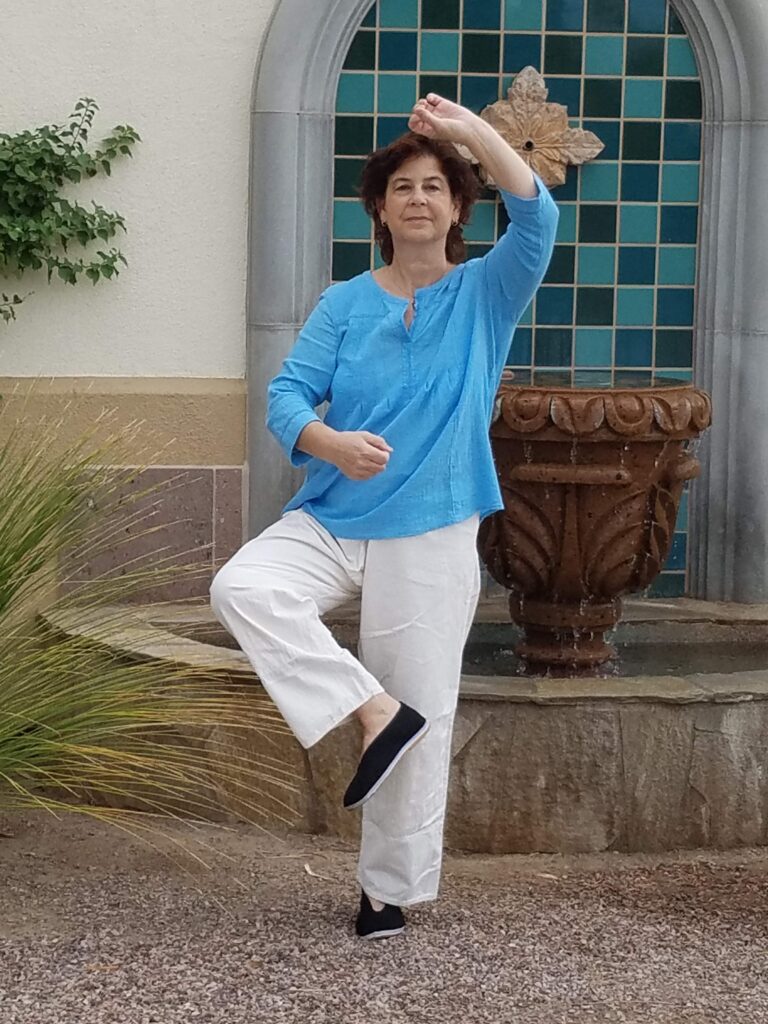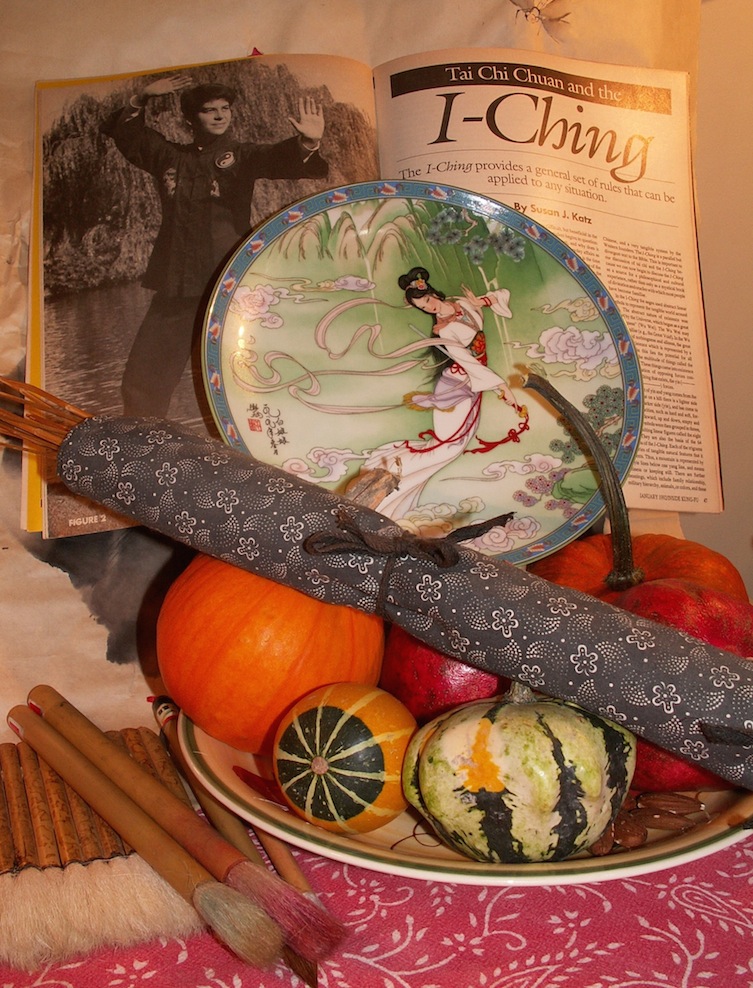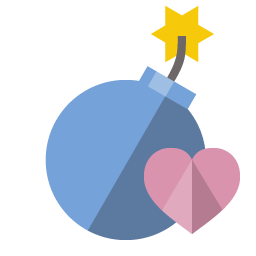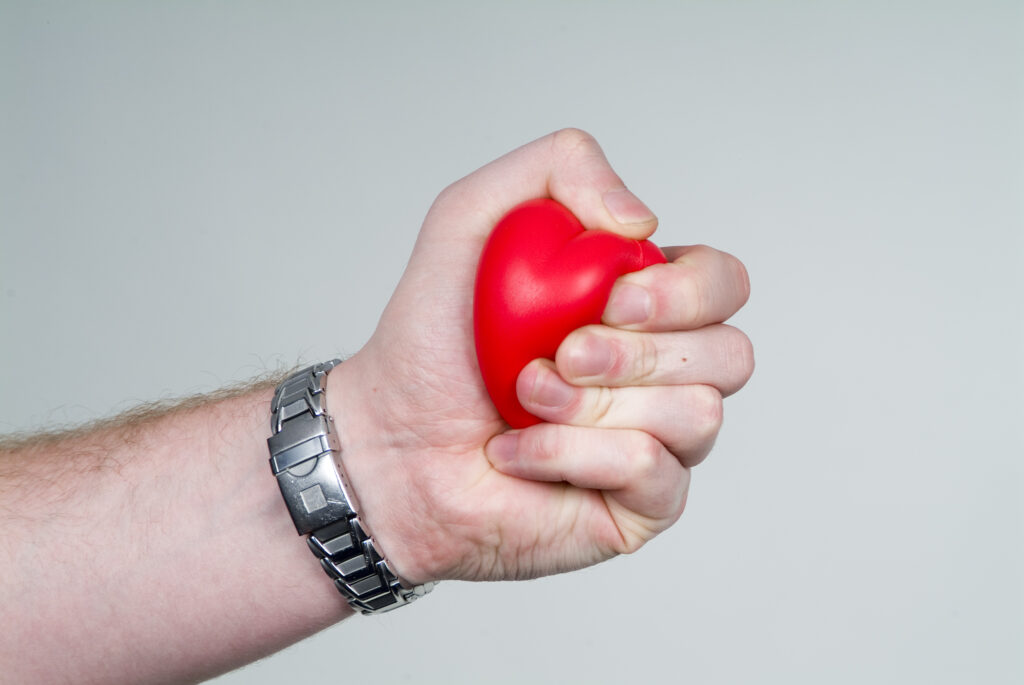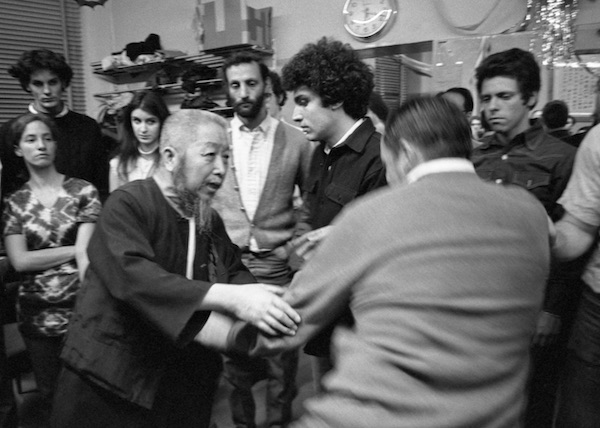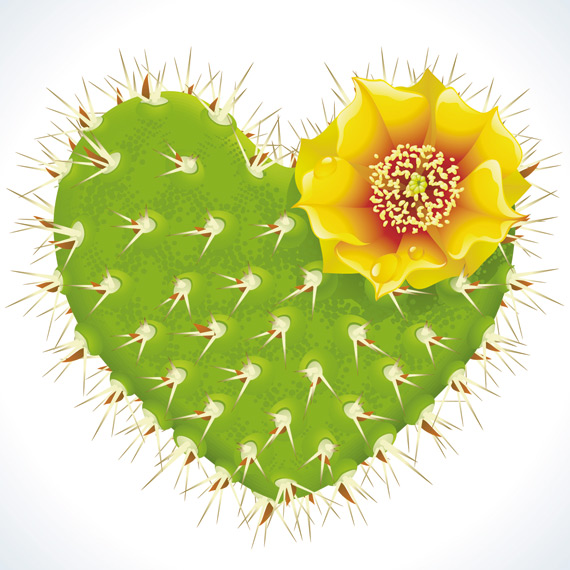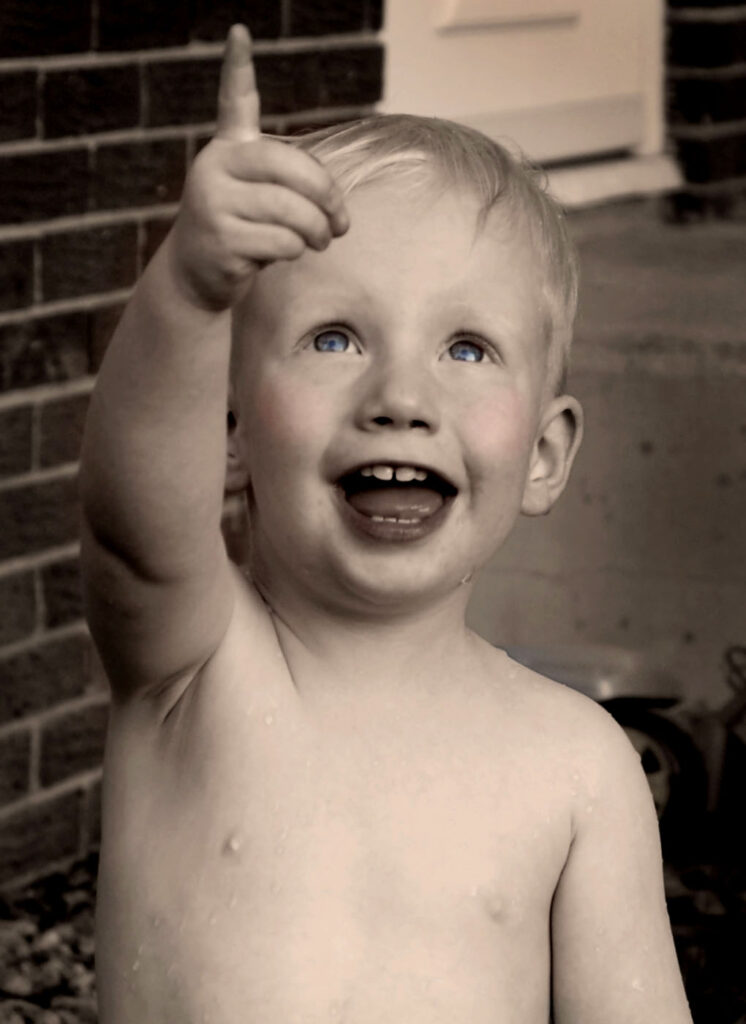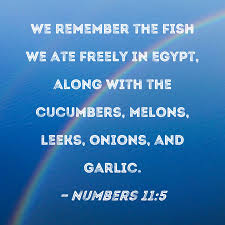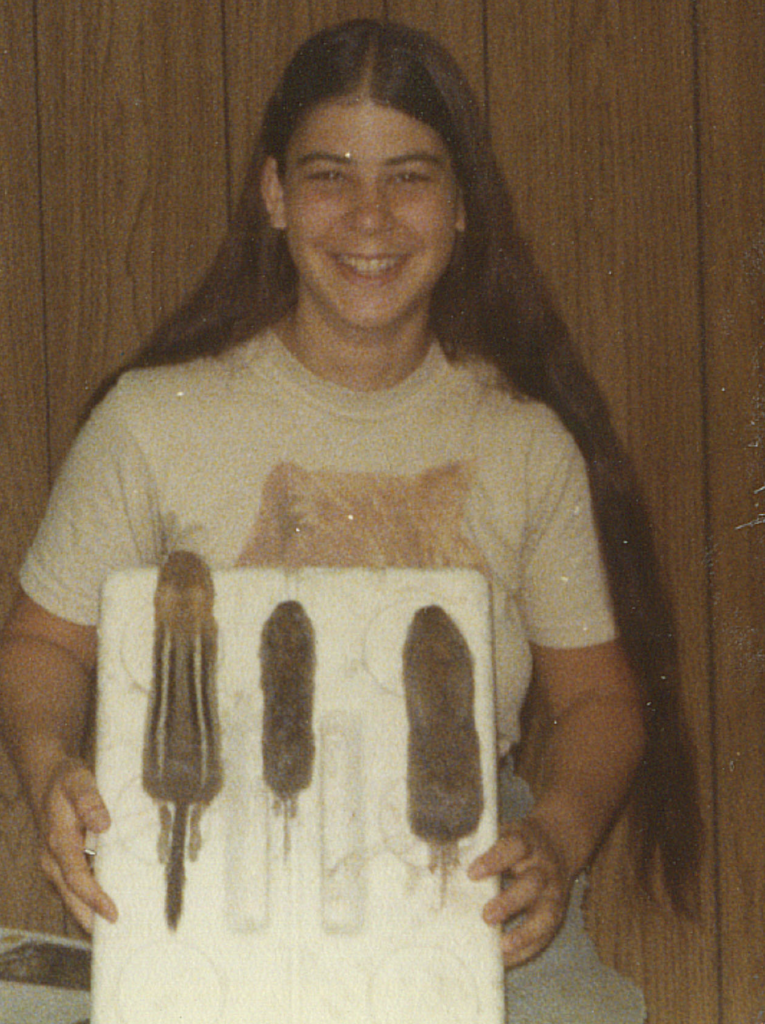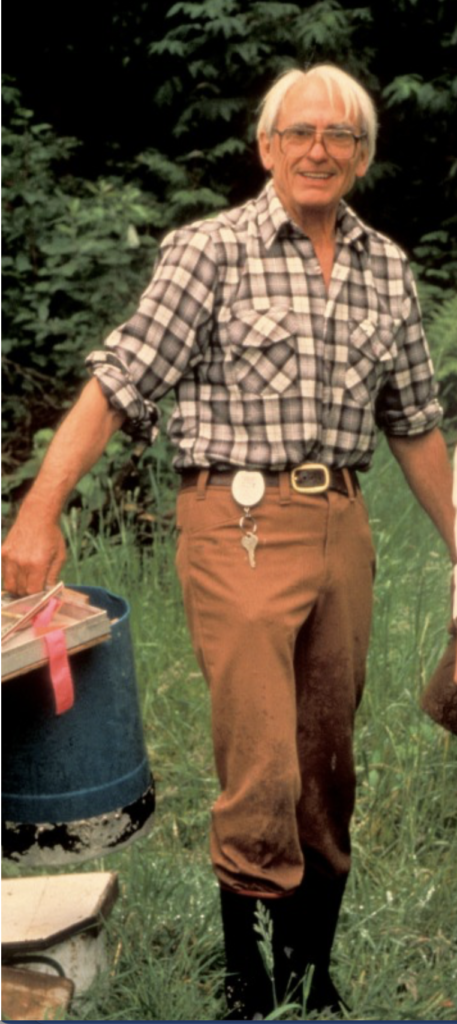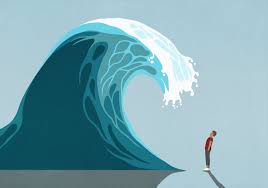-
Violence and Passive Aggression: The ‘Love Bomb’
I was making an inventory of the things I want to bring on my upcoming trip to Taiwan, where I’ll be performing with the Xianse Gong Chinese Orchestra. I’m very excited about this trip, as there will a few ‘firsts’ for me: my first travel away from Toronto since March of 2020, and also my first trip to East Asia. I’m going with a group, many of whom also play in the Toronto Chinese Orchestra. Here is a link to our concert, scheduled for 20 July: “On the Other Side of the Rainbow is Home”
High on the list, next to my Alto Suona, are the Tai Chi Chu’an slippers that I wear for morning outdoor practice. I’m hoping to join a group in the mornings at a nearby park while I’m there.
I looked at my collection of Tai Chi swords and sabres, wistfully. Much as I’d like to get extra practice with them in Taiwan, they are just too long and awkward to bring on a 13 day trip.
Then, another thought came to me, a memory of a conversation with someone who came to visit me while I was recovering from surgery a few months ago.
She was perusing my collection of books and artwork, then stopped. “Oh, you have weapons“.
“Where?” I asked. I followed her line of gaze upwards and towards a rack on top of the large keepsake display case in my dining room. “Those swords on that rack are for Tai Chi, they’re not for fighting or hurting people.”
Her nose scrunched upward, pursing in her lips as they did so, as if something smelled off. “I think of tai chi as something graceful and peaceful, not violent or aggressive, with weapons.”
“You’re right, it is graceful and peaceful. And also, Tai Chi Chu’an is a martial art – that is its origin, and if the martial applications and intentions of the movements are not understood or incorporated, than what is being done is merely arm and hand waving, with little benefit to health or inner strength.”
“That sounds violent.”
“Well, the whole point of learning Tai Chi Chu’an is to prevent violence. Tai Chi Chu’an is an internal martial art, designed to develop the inner self. By doing this, by reducing fear, violence can be prevented and if not, then the discipline and practice prepare one for self-defence. Inner peace, rather than external hard strength, is developed through learning how to engage with challenges, both inner and outer, with confidence and grace. It’s very psychological.” I thought this latter piece about psychology might register as a more acceptable reason for practising tai chi. But, her nose remained wrinkled as she continued to squint with distaste at the resting swords and sabre.
“I believe in Love Bombs as the best tool for violence prevention and self-defence”, my visitor said.
I’m not sure what a ‘Love Bomb’ is, and I asked her. The answer came as something about showing care of people and letting them know they are cared about.
Here is what I read about ‘Love Bombing’ online:
“You may have heard the term “love bombing” circulating online and on social media, but what does it mean? Although it might sound like something we’d all want — being showered with unlimited love and affection — it’s anything but healthy. Love bombing is a tactic often used by a narcissist to manipulate you into falling for them.”
This is what I came to understand while looking at my swords: Despite my being a functional invalid, with a plaster cast on my foot for the next several weeks, I never heard back from her or received the promised ‘Love Bomb’ of congregants or other helpers that were to come assist me while I recovered.
So, this irony raises some questions. What is the difference between violence, aggression, and passive aggression? and, how does Tai Chi Chu’an fit in to categories? Let’s start with the dictionary definitions of these terms, and proceed from there1:
- Violence: “the use of physical force so as to injure, abuse, damage, or destroy.”
- Aggression: “a forceful action or procedure (such as an unprovoked attack) especially when intended to dominate or master.”
- Passive-Aggression: “passive-aggressive behaviour, the donning of a mask of amiability that conceals raw antagonism toward one’s competitors, even one’s friends.— Hilary De Vries”
The history of modern Tai Chi Chu’an, of at least the past 100 years can be found online in a variety of places. Since my mind is on Taiwan right now, I found this quote in a lovely article in Taiwan Today about one of the founders of modern internal martial arts, Master Cheng Man-Ching:
“It is inconceivable to the uninitiated how a Tai Chi Chuan boxer trained only in physical and mental relaxation can fight a man of muscle. Relaxation is, in fact, the secret, and the degree of accomplishment is measured by one’s ability to relax. The most advanced achieve a mental calm that is a great force in itself.
Prof. Cheng often says that Tai Chi Chuan is a mental process that eliminates fear, which is man’s biggest enemy. Fear makes a man rigid, deprives him of flexibility and paralyzes both body and mind. When a student practices Tai Chi movements, he is taught to deal with an imaginary enemy who is strong and fierce. But when he is actually facing an opponent, he must imagine there is no one in front of him.
The appearance of Prof. Cheng as Tai Chi Chuan master is deceptive. He wears sideburns and whiskers. Chinese long gown and cloth-soled shoes are his everyday attire. On occasions, he puts on the gown-like dress he designed himself. He is more than unobtrusive; he looks sluggish….
During World War II, he staged two impressive demonstrations at the British Embassy and the American military mission in Chungking. In both cases, sturdy stalwarts experienced in Western boxing were selected to disprove his strength. None of their blows even landed. Instead of hitting him, they were sent lurching many feet away.
One towering giant of some 230 pounds tried twice. He was obviously perplexed by the inexplicable power of the small Chinese. Frustrated in the first attempt, he attacked even more violently. But force again undid him. He was tottering perilously toward a serious fall and the spectators were watching with apprehension. Before anyone knew what was happening Prof. Cheng had darted to his side to steady him with a soft hand on the elbow.”So, perhaps this story helps you have a more complete idea of what Tai Chi Chu’an is, and whether it is an aggressive, violent practice, as was my visitor’s belief, or a practice of letting go of fear and reducing aggressive behaviour.
In addition, I want to highlight the importance of understanding what ‘passive-aggression’ is. Sometimes people appear passive and harmless while they are actually harming you. The fear this behaviour arouses in you is blocking you from seeing the truth of what they are doing.
In these times we have so many restrictions on what one is or is not allowed to say. However, these restrictions do not change attitudes, and aggression and violence have not gone away. Instead, they are expressed in a sideways, socially acceptable, manner; such as a person making general statements about “certain people” or “those people” when they really are referring to you. We recognize this sort of covert violence and aggression in others as, “A Wolf in Sheep’s Clothing” or “A back-handed compliment”.
And we are harmed, because no one wants to be the little child who cries out, “The Emperor isn’t wearing any clothes”.
A “Love Bomb” is still a bomb.
Think about the people in your life, whether employers, family members, friends, neighbours, politicians, or anyone else. Are their behaviours congruent with their words? Are they helping you up or pulling you down with their polite conversation or when answering your request for assistance?
Violence and Aggression are overt and easy to discern. Passive-Aggression is much more difficult and covert. It seems too innocent, and socially unacceptable to call it out as harmful. The question arises then, of how to address the harm that aggression and violence does, whether overt or covert.
One answer is to become aware. As it is with Cheng Man-Ching: removing fear as your baseline allows you to fully feel and understand whatever is coming at you so you can address it in a non-violent and satisfying way. And, he reminds us, it takes work to be able to do this.
As I pack for Taiwan, and look ahead at practising Tai Chi Chu’an while there, a peaceful comfort comes with knowing that I am continuing to do my inner work, the work that helps me reduce fear and engage in my experiences with dignity and grace and confidence.
-
Beha’alotcha: Learning from Nature
This week’s Torah reading is called Beha’alotcha, and in it, we read about the detailed and complex duties of the Levites. The Israelites are deeply in their desert sojourn away from the Narrow Place of Egypt, and we also read about a lot of complaining.
This prompted me to recall my days back when I was a Biologist, when I studied Population Biology and Genetics. My supervisor was a student of Dr. Charles Krebs, who had been a student of Dr. Dennis Chitty.
Dr. Chitty published research on the population fluctuations of meadow voles. Remember the Disney film, “White Wilderness”, where we watch the lemmings control their cyclical explosion population growth by jumping over cliffs? Well, that was Disney, and that portrayal was a hyperbole for what the voles, which are related to lemmings, would do when their numbers caused overcrowding and a scarcity of resources.
From his observations, Dr. Chitty proposed that cycles in wildlife numbers are self-generated by the interactions between individual animals. His conclusion, that changes in aggressive behaviour and physiology can prevent unlimited population growth, is now a fundamental tenet in population ecology. This is recognized as the ‘Chitty Hypothesis of Population Regulation’.
Dr. Chitty and his students were able to demonstrate in the lab and field that overcrowding these innocuous little mammals caused them to become extremely aggressive towards one another and overgraze on the plants and insects they fed on. That is how their population sizes come to fluctuate cyclically. They don’t need the drama of some mad-cow, deranged beeline for the nearest cliff or chasm to plunge into.
The truth is, population regulation is how Nature works. We as humans, have a Divine intelligence allowing us to create laboratory scenarios to explain what we see animals doing in the wild. The abilities we have for insight, to transfer what we learn from Nature to better ourselves, are gifts from God.
We differ from animals because we can look at our options and make choices about how we want to prevent ourselves from biting each other to death, or destroying all the food resources in our environment; and we can wear masks and make vaccines to control the spread of disease.
We don’t have to jump off a cliff when life becomes overwhelming, although these days so many people only see that option, emotionally, spiritually, or psychologically.
Perhaps we could have foreseen and done a better job of averting these global days of floods, rains, fires, crop failures, wars, and epidemics by heeding the meadow vole and other population models of scientists such as Dr. Chitty.
We do have Torah to show us how to navigate difficult times when they arrive, and how to respect each other, including those among us who are differently abled or are strangers.
With regard to this week’s Parasha Beha’alotcha: let us hear the complaints about the lack of fish, the cucumbers, the melons, the leeks, the onions, and the garlic; but be more like Moses, and remind one another of the big picture and value of the whole congregation of humans – follies and all.
We are beings favoured with Divine wisdom and sacred books such as the Torah, who can learn from, and find a way through, our dilemmas with the natural world and amongst ourselves.

